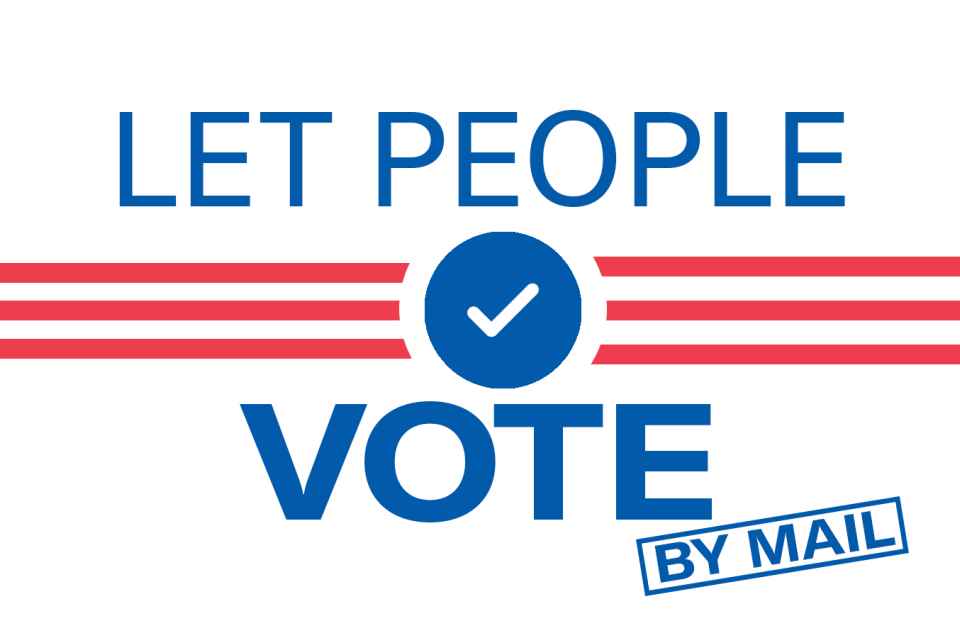
Oppenheim v. Watson
What's at Stake
The American Civil Liberties Union, ACLU of Mississippi, and Mississippi Center for Justice filed a lawsuit on August 11, 2020, seeking to ensure that absentee voting is more accessible to Mississippians during the COVID-19 pandemic.
Summary
Many states allow any voter to cast an absentee ballot, while a minority of jurisdictions require voters to meet certain eligibility criteria, including the state of Mississippi. In Mississippi, one of the allowable reasons for casting an absentee ballot is “temporary or permanent physical disability.” During summer 2020, the state legislature amended the law to include within “temporary physical disability,” any voter who is “under a physician-imposed quarantine due to COVID-19 … or is caring for a depending who is under a physician-imposed quarantine due to COVID-19.
As part of the ACLU’s efforts to ensure access to the ballot in the context of COVID-19, the ACLU, the ACLU of Mississippi, and the Mississippi Center for Justice filed a lawsuit on August 11, 2020, seeking to ensure that absentee voting is accessible to all Mississippians. The lawsuit sought a ruling clarifying that those voters who were following public health guidance to avoid contracting or spreading COVID-19 would qualify under the new definition.
On September 2, the court issued a ruling. First, it agreed that the existing excuse requirement covered any voter with an underlying physical condition that placed them at a higher risk of severe COVID-19, including those who were under a recommended quarantine from their doctor. However, it denied relief for a broader class of voters, reasoning that people following public health guidance and social distancing protocols were not under a “physician-imposed” quarantine. After appeals to both rulings, the Mississippi Supreme Court found that having a preexisting condition that could cause more severe symptoms or cases of COVID-19 was insufficient to qualify under the absentee ballot rule, and further, that a “recommended” quarantine was not a “physician-imposed” quarantine.
Legal Documents
-
09/18/2020
Mississippi Supreme Court Order
Date Filed: 09/18/2020
Affiliate: Mississippi
Download Document-
09/03/2020
ORDER - Oppenheim v. Watson
Date Filed: 09/03/2020
Affiliate: Mississippi
Download Document-
08/28/2020
Sec of State Watson Trial Brief
Date Filed: 08/28/2020
Affiliate: Mississippi
Download Document-
08/28/2020
Trial Brief of Plaintiffs
Date Filed: 08/28/2020
Affiliate: Mississippi
Download Document-
08/27/2020
First Amended Complaint
Date Filed: 08/27/2020
Affiliate: Mississippi
Download DocumentPress Releases
Joint Comment on Mississippi Supreme Court Voting Ruling
Mississippi Court Affirms Greater Access to Absentee Voting During COVID-19
ACLU and Mississippi Center for Justice File Lawsuit to Bolster Absentee Voting for Mississippians During COVID-19